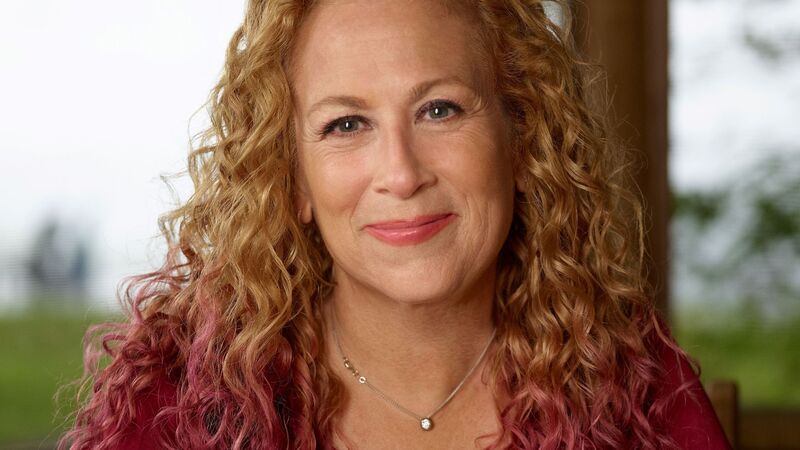You are viewing your 1 free article this month. Login to read more articles.
Be 'agile and innovative', Geller urges publishers
Jonny Geller has warned that publishers must adapt creatively now to remain "relevant" in the near future.
Speaking to IPG president Jonathan Harris at the organisation's Virtual Spring Conference, the literary agent and chair of Curtis Brown said larger companies needed to think about "structural changes" and take risks, to avoid stagnation.
With many smaller independents voicing their concerns about surviving the next year, Geller forecast "lots of consolidation over the next three years", as larger companies will be in a position to buy up "cheap businesses".
Despite this, Geller suggested independents could lead the way in bringing "agility to deal-making", and seeing author-publisher relations as a partnership, prioritising "author care", and "retaining flexibility on the deal. What's best for the author? What is the platform, where are the opportunities? Think from that point on," he said. Industry wide, he urged businesses to question "what changes [they] have to make that are fundamental to business, that are more than short term and temporary", in the light of coronavirus.
Geller admitted he had been critical of the speed of innovation in publishing in the past and said he would have expected to see "different levels of dynamism" displayed by larger presses in response to the pandemic, instead of "no structural changes to anything".
He questioned large publishers' reticence with e-commerce and direct to consumer selling, suggesting smaller independents were navigating lockdown with greater efficiency.
"Still the big companies are saying we don't want to get involved in direct selling, whereas I read a piece in The Bookseller about Verso's numbers, and they have attributed some of their success to their direct network with customers. That agility and knowing who your real customer is really valuable," he said.
Commenting on the near future of publishing, Geller predicted a greater reliance on marketing and e-commerce. "Everything is marketing now, and selling direct will be a necessity. We need to push all the time, and remind people it's worthwhile picking up our books." Acknowledging that a proportion of the public would be reluctant to browse in bookshops following the pandemic, he advised all publishers to "find new ways of really knowing who your customer is".
"I would really urge everyone during this period, especially up until September, to really not just wait for it to be over, and to start experimenting with different ways of working, testing new ways of getting to our consumers and engaging with them," he said.
He also suggested there could be "real opportunities with the subscription model" and encouraged publishers to think creatively about where books were sold.
"I see no reason why books should only be available in Waterstones or the supermarkets," he said, advocating for kerbside selling and "books in Homebase". He added: "I don't know who is pushing for a change in distribution, and how you can do it. I'm not saying it's easy, but I would love to see it."
Geller warned that publishers' "reliance on print has stopped innovation", and though print books would always be in demand, businesses should seek to "get involved in TV adaptations early on", and monitor audio, e-book and podcast consumption. "What people really want is a story, and they don't really care how they get it," he added.
Discussing the future of offices, Geller said the pandemic would "change us for ever" and that "larger companies are going to see pretty fundamental change". He suggested this would be "incredibly unsettling" for young people just starting their careers, and recommended that organisations be prepared to share ideas internally to ensure "a system that works. A good [work] culture will make more money, and if you listen to the people who are younger, you will change more," he added.
"There might be some real opportunity that affects the way your business develops out of the way you've had to adapt."
Geller recognised the difficulty that lockdown has brought to publishers' ways of working. "Certainly it feels less creative at the moment, signing new writers and selling them, it's hard to do it from home, it's hard to do without the chemistry of your work place, it's hard when we don't know when all the shops are going to open," he said.
But he concluded: "If we can remain relevant to what is going on, we can thrive. We will go back to a business that is robust. Publishing has lasted a long time for a good reason—it sort of works."



















